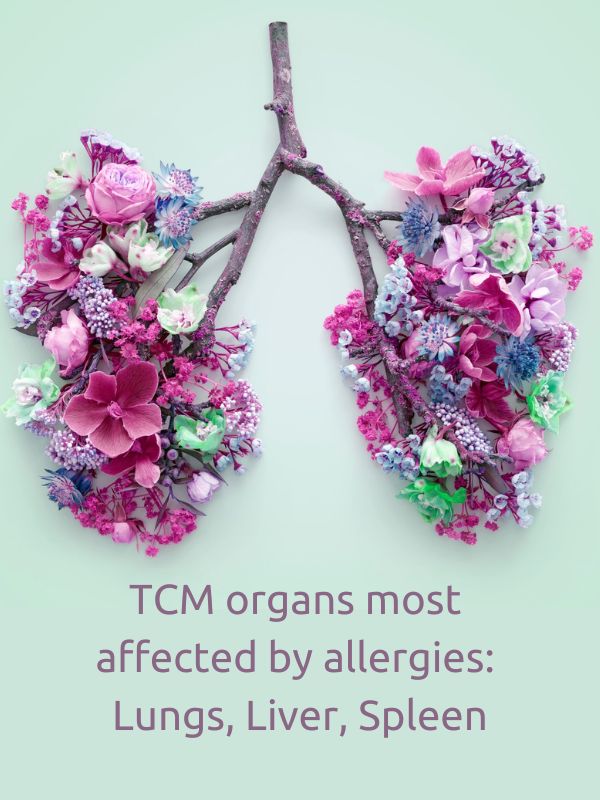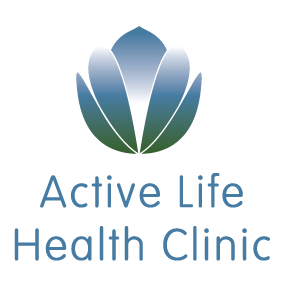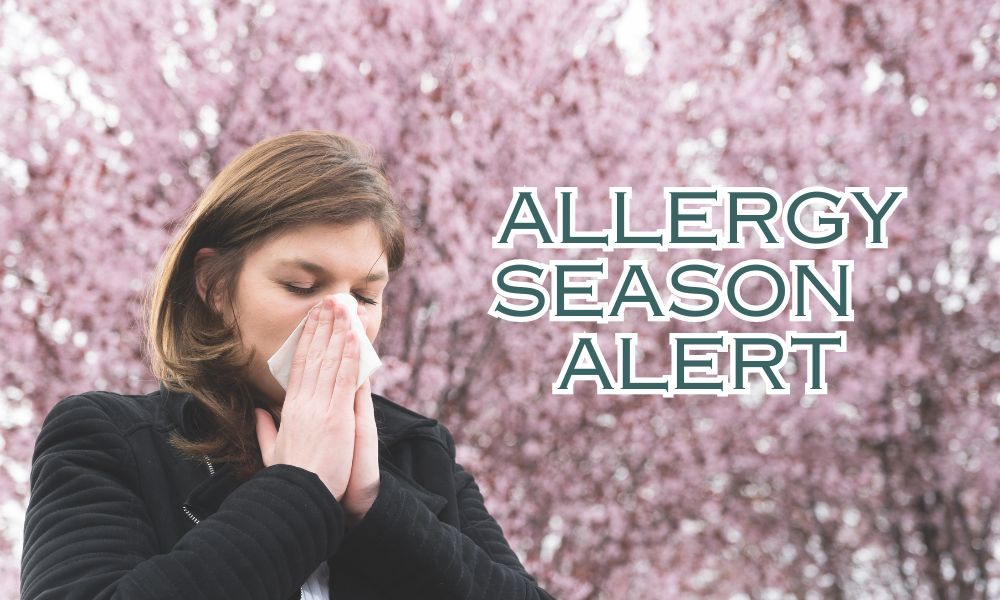Spring is a beautiful time of year when flowers bloom, the weather warms up, and the days become longer. However, for many of us, spring also brings the dreaded seasonal allergies. Sneezing, itchy eyes, and a runny nose can make this time of year a challenging one for allergy sufferers. While it might seem premature to be talking about spring when it’s only February, it’s not unusual for spring allergies to start early in Vancouver! Read on to learn more about treating your allergies before symptoms are full on.
Get Started Now
If you suffer from spring allergies every year, then start working on lessening or even preventing your allergies ASAP. As they say, an ounce of prevention is worth a pound of cure. It’s much easier to help settle and prepare the immune system before it feels like it’s waging war on nature. Every year I like to remind my allergy patients to start treating their spring allergies in the fall, when the TCM Lungs (related to the immune system) are most active. The other most important timing is a month or two before the start of hay fever season.
With Traditional Chinese Medicine, there is no one single allergy protocol. TCM is about personalizing treatments, of course, but here’s a bit of an inside view for how we might help you suffer less this spring.
The TCM Lungs are considered “delicate organs,” as they are the most exposed to the external world, so they are also the first line of defence. That means they have to fight viruses and bacteria, but also sometimes get confused thinking that pollens and other innocent elements are enemy. I’d be focusing on your TCM Lungs if your worst allergy symptoms are runny or stuffy sinuses and you have sensitive skin, asthma, are challenged with letting go (either find it hard to do or let go too easily), or struggle with diarrhea, constipation, or other bowel issues.
Spring season is related to the TCM Liver, so let’s not forget about checking in on this organ. Especially if you have ichy, red, irritated, watery or dry eyes along with symptoms like hormonal imbalance, hard time digesting fatty foods, migraines, tendonitis, or feeling irritable, frustrated, or easily angered.

In TCM, if you seem to just keep producing more and more runny mucus, then you might be suffering with Dampness because of Spleen Qi deficiency. If that’s the case, then other symptoms you might be struggling with include bloating, soft stools, easy bruising, or a tendency to worry or overthink.
It’s possible you can have a combination of symptoms from any of the above. It’s also possible that none of these categories seems a fit for you—thanks for the challenge! If you’ve suffered from hay fever for a long time, it’ll likely take time to eliminate your allergic reactions. But not to worry, here are some other things you can do.
Explore Natural Remedies
There are many natural remedies that can help address hay fever. These can include consuming local honey, which is believed to contain small amounts of local pollen that may help build immunity over time. Supplements like butterbur or quercetin may also provide relief.
Don’t Rely Solely on Antihistamines
While antihistamines can provide temporary relief from allergy symptoms, relying solely on them may not be the best approach for managing allergies in the long term. Antihistamines only target histamines, which are one part of the allergic response. They do not address other underlying factors that contribute to allergies, such as inflammation or immune system hyperactivity. Moreover, antihistamines can cause side effects like drowsiness, dry mouth, and dizziness. They may also interact with other medications and can be contraindicated for individuals with certain health conditions.
Stay Informed About Pollen Levels
One of the most effective ways to reduce your exposure to allergens is to stay updated on the daily pollen count. You can check this information online or through various mobile applications dedicated to tracking pollen levels in different areas. By knowing what to expect, you can plan your outdoor activities accordingly and take preventive measures when the pollen count is high.
Keep Windows Closed
As much as you may enjoy a fresh breeze entering your home, open windows can invite pollen to settle inside where you spend most of your time. It’s best to keep your windows closed during peak pollen times and rely on air conditioning or fans for ventilation.
Change Clothes After Being Outdoors
Pollen can easily stick to your clothes, hair, and skin while you’re outside. To avoid bringing allergens into your home, it’s advisable to change your clothes and wash up promptly after coming indoors. Additionally, leaving your shoes at the door can prevent the distribution of pollen throughout your living space.
Create a Pollen-Free Zone at Home
Designate a specific area in your home where you can find refuge from allergens. This can be your bedroom or any other room where you spend a significant amount of time. Consider investing in an air purifier with a HEPA filter to remove pollen particles from the air. Keeping this space clean and free from allergens can provide relief from symptoms when the pollen count is high.
Clean Your Home Regularly
Dust, mold, and pet dander can worsen seasonal allergies. Therefore, it’s important to clean your home regularly to reduce the presence of these irritants. Vacuum with a HEPA filter, dust surfaces with a microfiber cloth, and change bedding frequently to minimize exposure to allergens.
Rinse Your Sinuses
Nasal irrigation using a saline solution with a device like a neti pot or other specially-designed apparatus can help flush out allergens and relieve congestion. Rinsing your sinuses once or twice a day can be an effective way to prevent and reduce allergy symptoms.
Limit Outdoor Activities During Peak Pollen Hours
Pollen levels are usually highest in the early morning and early evening. If possible, try to limit your outdoor activities during these times. Instead, plan your activities for later in the day when pollen counts tend to decrease.
Be Mindful of Indoor Plants
While indoor plants can be aesthetically pleasing, they can also harbor mold and trigger allergies. If you’re prone to seasonal allergies, it’s best to avoid plants that are known to produce high amounts of pollen, such as lilies or chamomile.
Spring allergies can be bothersome and disruptive, but with the right precautions, you can minimize their impact on your daily life. By staying informed about pollen levels, keeping your living space clean and allergen-free, and taking preventive measures, you can enjoy the beauty of spring without the pesky symptoms of allergies. Get excited about the upcoming spring by starting your TCM allergy treatments now!


Recent Comments